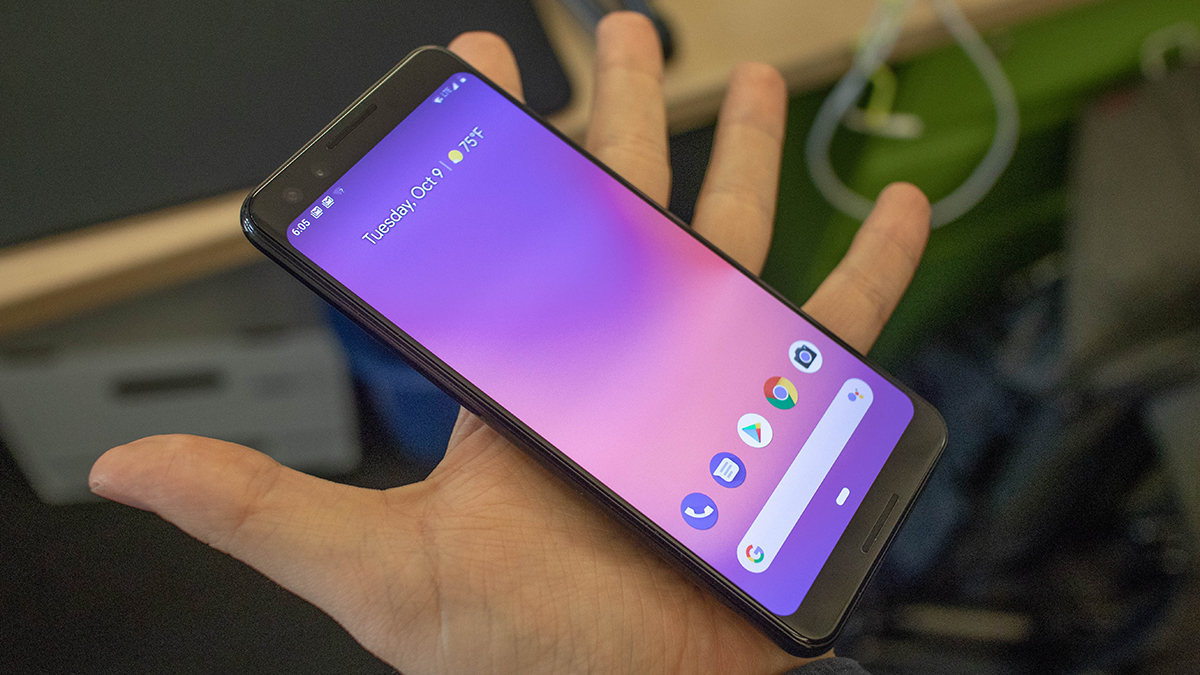Here's one way the Pixel 4 might catch up with the newest iPhones
Improved dual-SIM support incoming?

We're expecting a Google Pixel 4 at some point later this year, but so far we haven't heard too many rumors about it. According to code recently added to the open source foundation of Android, we've got a hint of one potential upgrade: better dual-SIM support.
While the Pixel 2 and the Pixel 3 can technically support two SIMs through eSIM technology, it's not the more advanced version of the tech available in many other handsets, including the latest iPhones.
Put simply, you can't use your standard SIM and your eSIM at the same time in current Pixel phones, and that might be changing in the Pixel 4. That should cancel out one disadvantage the Pixel current has.
- Google is banning more spam than ever with AI
- Budget Android handsets are getting improved encryption
- Google might be planning a big wearable expansion
Being able to access two SIMs at once is becoming an increasingly popular feature, not least in developing countries. It lets you manage a work and personal number from the same device, for example.
The brand new 2019 Pixels
As we've mentioned, not much is known about the Pixel 4 at this stage – October or November seems like a good guess for a launch date, sometime after the new 2019 iPhones have appeared.
It's likely that the Snapdragon 855 will be on board the Pixel 4 and the Pixel 4 XL, if Google decides to put out two handsets again. That might be paired with 6GB of RAM, up from 4GB from the Pixel 3 phones.
We're almost certainly going to get Android Q arriving with the Pixel 4, ready to take advantage of that dual-SIM functionality. We should hear more about Android Q at the Google I/O event held during May.
Sign up for breaking news, reviews, opinion, top tech deals, and more.
Before then we might well get treated to the Pixel 3 Lite – Google is rumored to be readying a mid-range version of its 2018 flagship phone, built with slightly cheaper materials and a less powerful chipset on board.
Via XDA Developers

Dave is a freelance tech journalist who has been writing about gadgets, apps and the web for more than two decades. Based out of Stockport, England, on TechRadar you'll find him covering news, features and reviews, particularly for phones, tablets and wearables. Working to ensure our breaking news coverage is the best in the business over weekends, David also has bylines at Gizmodo, T3, PopSci and a few other places besides, as well as being many years editing the likes of PC Explorer and The Hardware Handbook.